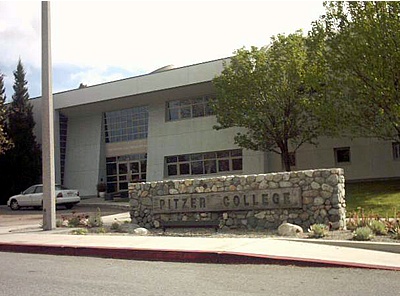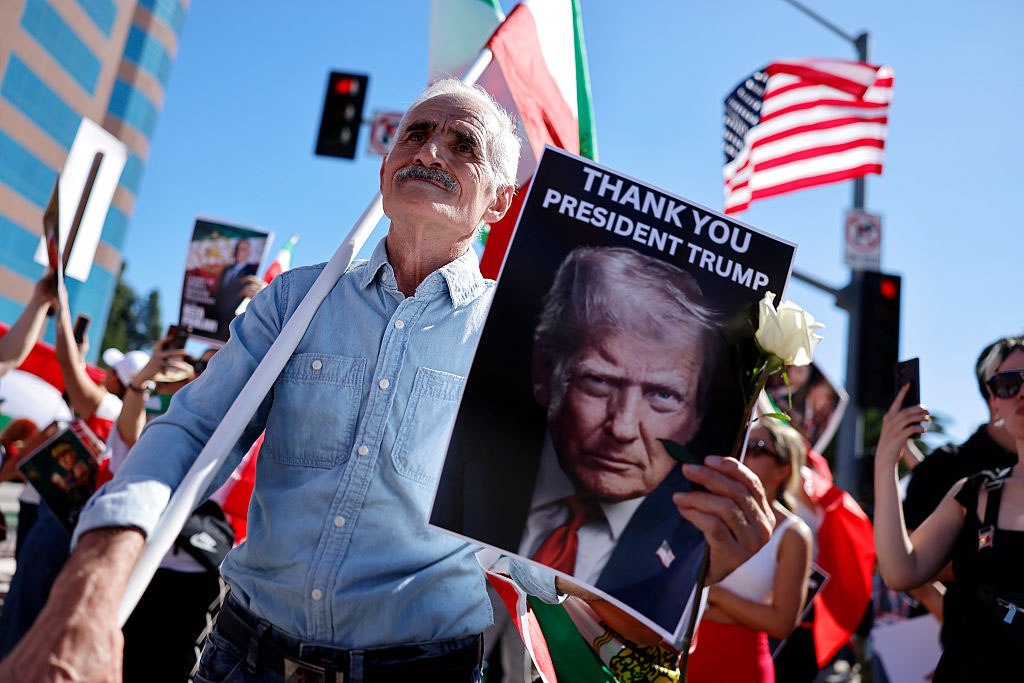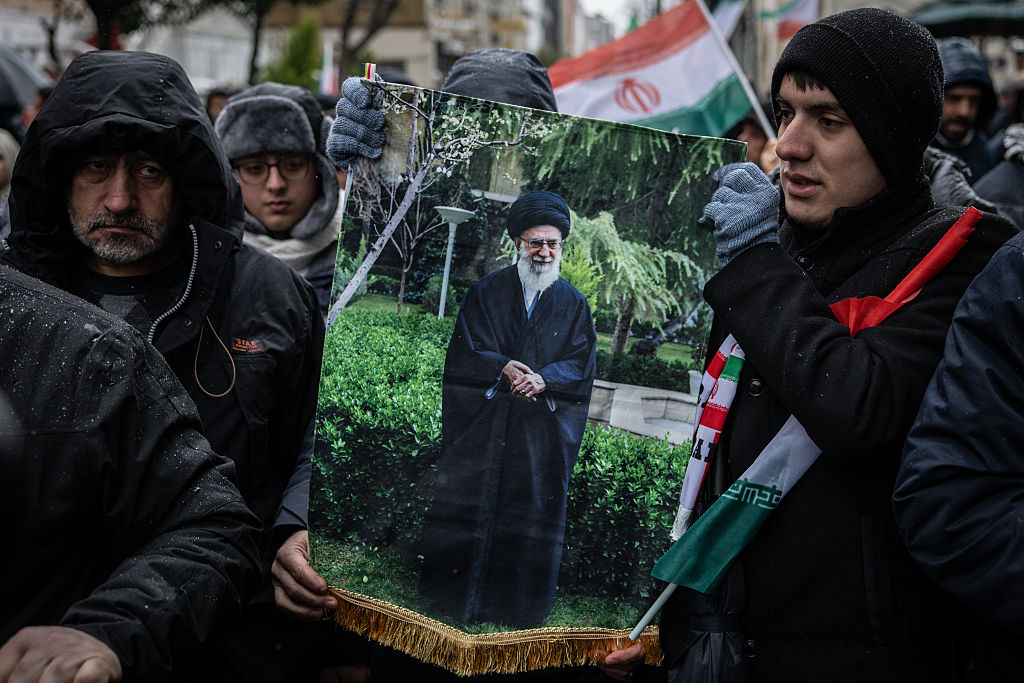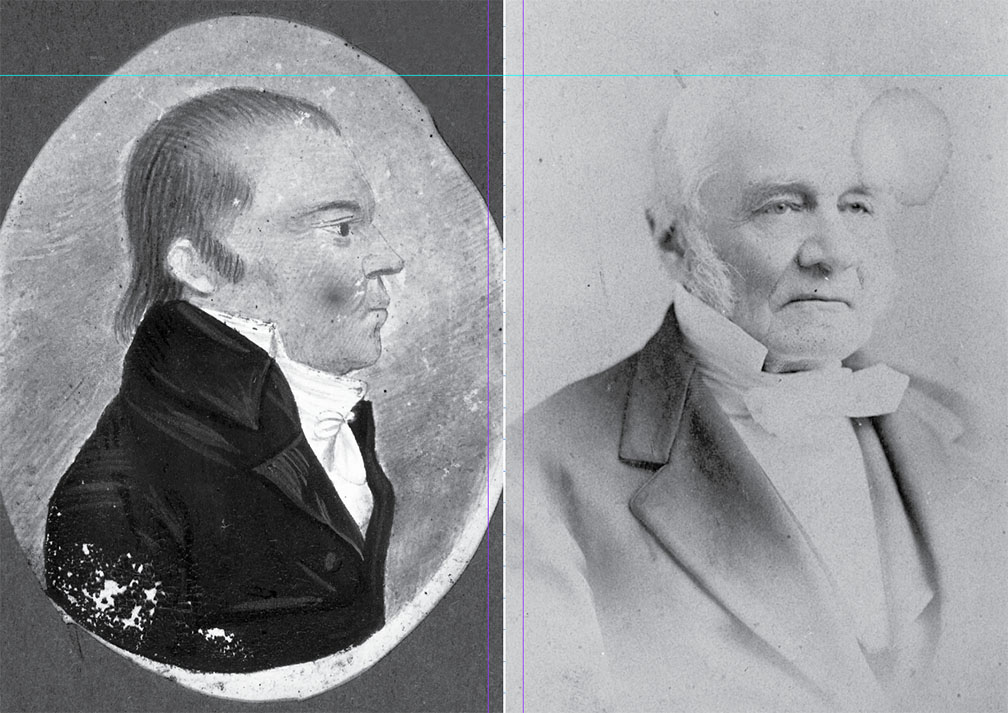
A petition was started on March 6 calling for Pitzer College to maintain its study abroad program at the University of Haifa when the Pitzer College Council convenes on March 14.
The petition, which was initiated by Students for Academic Freedom, states that they are “deeply troubled by the recent vote by members of the Pitzer faculty calling for an end to the College’s study abroad program at the University of Haifa.”
“That the faculty motioned to end a major academic partnership without considering any student input is not only a breach of academic freedom, but a blatant disregard for the shared governance system that Pitzer students and faculty have enjoyed for decades,” the petition states.
The petition adds that the study abroad program “encourages collaboration and broadening horizons for participants rather than advancing a political agenda.”
“Ending this academic opportunity for students violates the College’s own stance that ‘Pitzer College celebrates cultural diversity and intercultural understanding,” the petition states. “Limiting student participation in any study abroad program makes it more challenging for students to deepen their ‘appreciation of global diversity’ and severely restricts academic freedom for the Pitzer College community.”
At least 420 people have signed the petition as of publication time.
This Thursday, @pitzercollege will vote to cancel its student exchange program with the most diverse university in Israel and a symbol of co-existence, @HaifaUniversity.
Share this video and sign the petition to stand for academic freedom!https://t.co/yVm35i943J pic.twitter.com/zUMyQOoeny
— CAMERA on Campus (@CAMERAonCampus) March 11, 2019
Zev Hurwitz, the director of campus affairs for the American Jewish Committee, wrote in the Journal that if the Pitzer College Council votes on March 14 to end the program, it would be “a dangerous precedent.”
“At issue in the Pitzer vote is not only the study abroad program in Haifa, but the idea that a student should not have his or her academic pursuits hindered by outside political influences,” Hurwitz wrote. “Proponents of BDS (boycott, divestment and sanctions) have attempted to define academic freedom as a principle that forces students to adhere to a boycott, potentially against their will. True academic freedom allows the free exchange of ideas regardless on circumstances in the host country.”


































